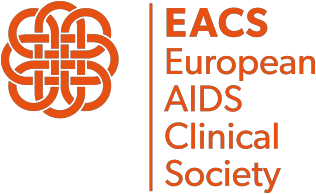Travel
General precautions
- Delay travel until clinically stable and treatment established
- Provide drug prescription / letter listing ART and concomitant medications for comorbidities and referral letter for emergencies
- Provide medical certificate for import of personal medicines/syringes
- Carry ARVs split between suitcase and hand luggage
- Beware of fake drugs
- Advice on travel restrictions, see www.hivtravel.org or https://visaguide.world/news/countries-with-visa-restrictions-for-people-living-with-hiv/ or consult embassy or consular office of destination country
ART uptake
- If possible, maintain hours of medicines (e.g., 23.00 local time) when switching time zones, shortening the interval to the next dose when flying east
- For those on oral ART ensure sufficient supply
- For those on an injectable LA regimen, consider when next injections are due, see Drug-drug Interactions and Other Prescribing Issues
Acknowledge increased susceptibility
Increased susceptibility of persons with HIV(i)
1. Observe food, respiratory and hand hygiene
- Particularly important for travellers visiting friends and relatives (VFR)
- To prevent bacterial enterocolitis, e.g., diarrhoeagenic E. coli, Salmonella, Shigella, Campylobacter and opportunistic intestinal parasitosis, e.g., Cryptosporidium, Cyclospora, Cystoisospora, Microsporidia
- Consider mask wearing if circulating respiratory infections of concern
2. Prevent insect bites
- Use repellents (DEET ≥ 30%) and spray clothing with insecticide (permethrin)
- Sleep under insecticide-treated bednet
- Wear long pants and long-sleeved clothes
3. Vaccination and prophylaxis
- Ensure routine, standard of care vaccinations are up to date (see Immunisation in Persons with HIV)
- Check if travel related vaccines are required (including SARS-CoV-2) and ensure there are no contraindications (e.g., Yellow Fever), see Immunisation in Persons with HIV
- Check if malaria chemoprophylaxis is required, according to malaria risk at travel destination and national guidelines (consider carrying emergency stand-by treatment)(ii)
Footnotes
- Higher intestinal susceptibility due to HIV-associated GALT destruction, low CD4 count. More severe malaria with CD4 count < 350 cells/μL
- Adherence counselling particularly important in persons visiting friends and relatives.
See Drug-drug Interactions between Anti-malarial Drugs and ARVs
